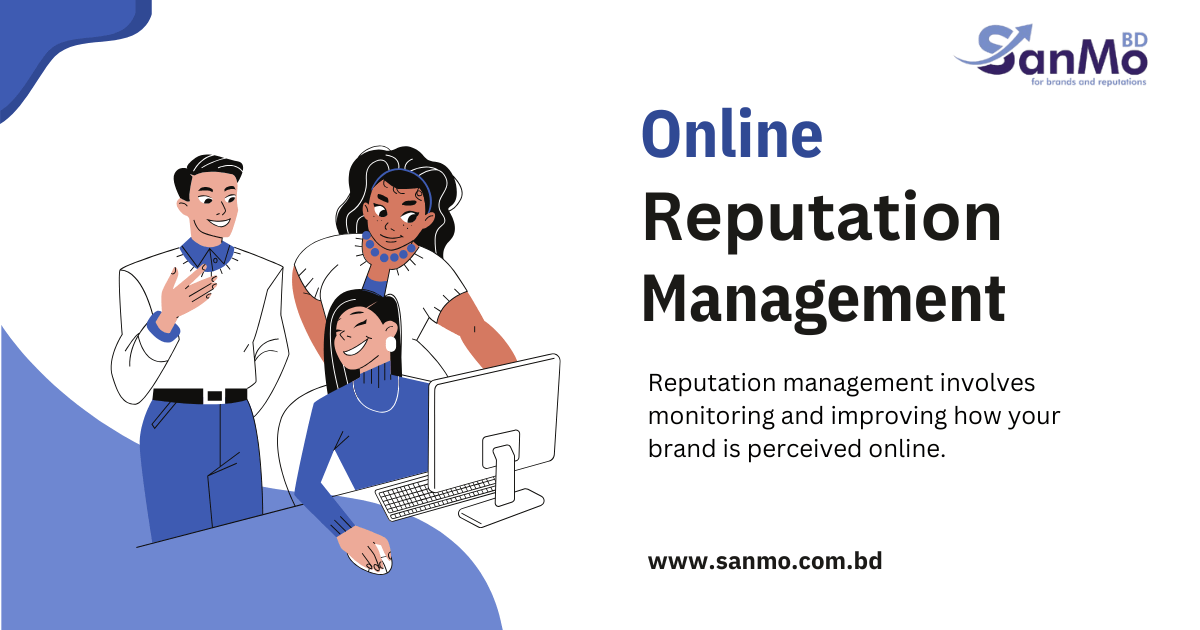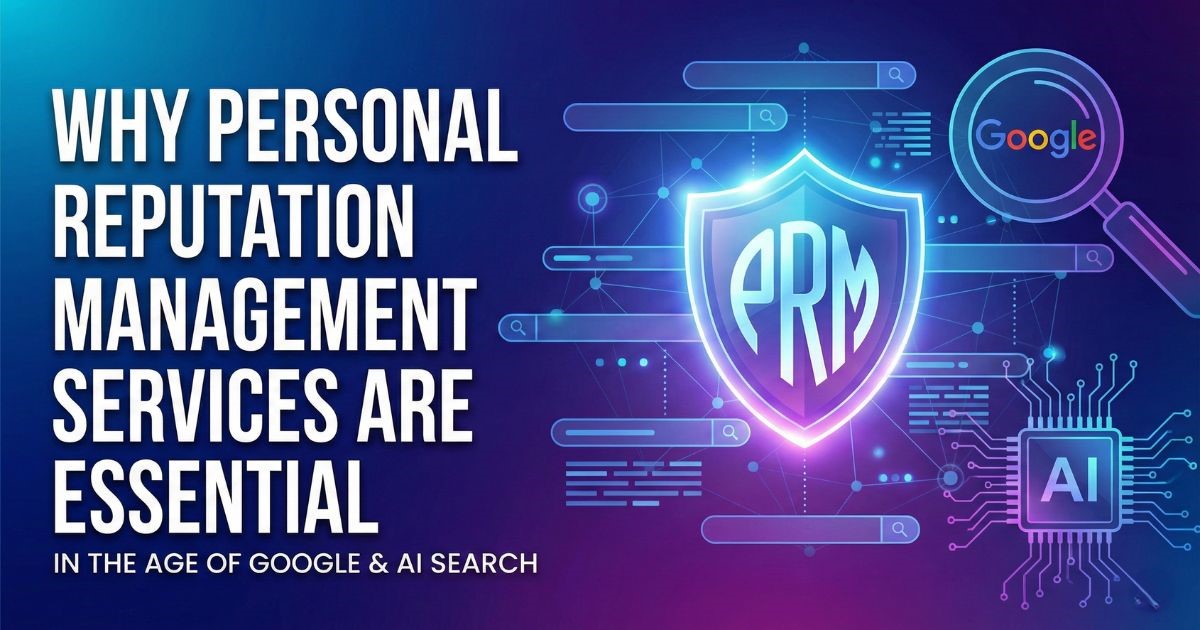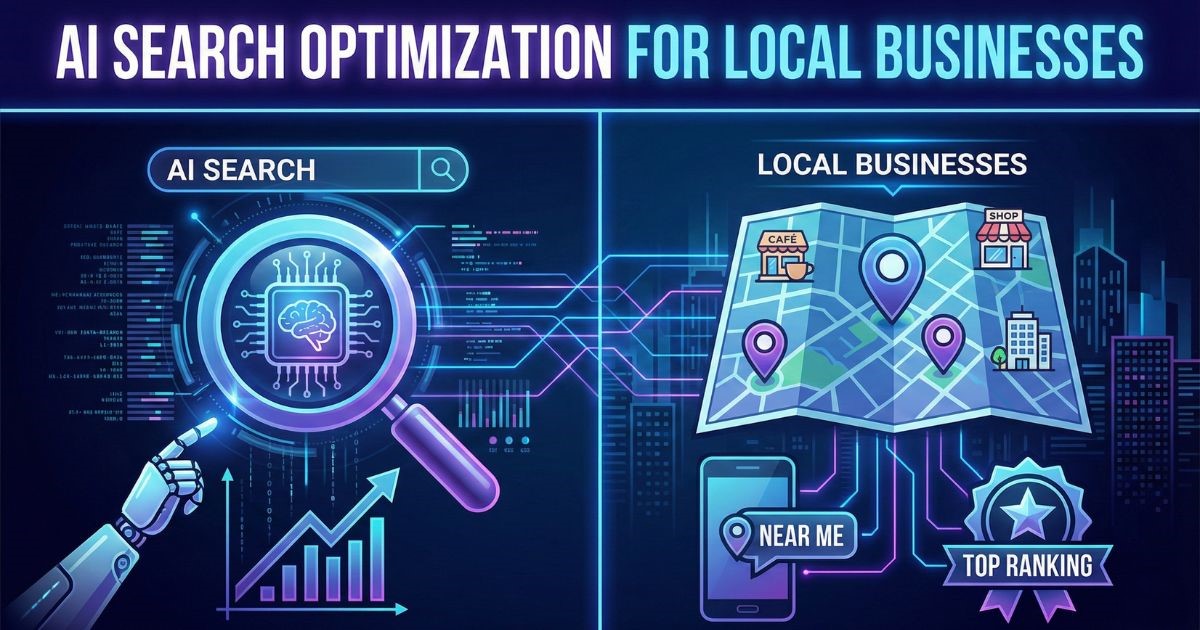Your online reputation can make or break your success in our hyper-connected world. Whether you’re a small business owner, a job seeker, or a professional looking to grow your network, understanding why online reputation management is important has never been more critical. Today, potential employers and prospective customers can form an opinion about you or your business with just a few clicks. This post explores the vital role of managing your online reputation and provides practical tips to ensure it remains a positive asset.
What is Online Reputation Management?
Online reputation management (ORM) involves monitoring, influencing, and managing the information people find about you or your business online. This process includes managing search engine results, engaging with customer reviews, and developing strategies to maintain a positive image. With so much at stake, understanding the scope and significance of ORM can help individuals and businesses thrive in today’s digital age.
Maintaining a robust online reputation requires constant vigilance. It means tracking what people say about you or your brand and promptly addressing negative feedback. With ORM, you can ensure your online presence aligns with your values and goals. Remember, a single negative review or a damaging news article can influence public perception significantly.
In addition to damage control, ORM is about building a positive presence. Proactively sharing valuable content, encouraging positive reviews, and engaging with your audience can enhance your reputation and establish you as a trusted authority in your industry.
Why Online Reputation Management is Important for Businesses
For businesses, maintaining a positive online reputation is crucial. A company’s reputation can directly affect its bottom line, customer base, and market standing. With the prevalence of online reviews and social media, potential customers often rely on the opinions of others when making purchasing decisions. This makes ORM an essential aspect of modern business strategy.
A solid online reputation can lead to increased trust and credibility. When customers see positive reviews and testimonials, they are more likely to choose your products or services over those of competitors. Conversely, negative reviews can deter potential clients and lead to a loss of revenue. By actively managing your online reputation, you can build trust with your audience and foster long-lasting relationships.
Furthermore, a positive online reputation can lead to better opportunities for partnerships and collaborations. Businesses with a good reputation are more likely to attract high-quality partners, investors, and employees. Knowing why online reputation management is essential allows companies to leverage their digital presence to create growth opportunities.
The Role of Online Reputation Management in Personal Branding
A solid online reputation is vital in personal branding for individuals, especially professionals and job seekers. In today’s competitive job market, many employers conduct online searches to learn more about potential candidates before hiring. Ensuring your digital footprint reflects your skills and values can make all the difference in landing your dream job.
Managing your online reputation involves showcasing your accomplishments, skills, and expertise on platforms like LinkedIn and personal websites. Sharing industry-related content and engaging with thought leaders can also help establish your presence as a knowledgeable professional. A solid personal brand can open doors to new opportunities and elevate your career to new heights.
Online reputation management is also crucial for networking. In a digital world where connections are often made online, having a positive reputation can attract new contacts and broaden your professional network. You can develop meaningful relationships that contribute to your personal and professional growth by maintaining a solid online presence.
How Online Reputation Management Impacts SEO
Search engine optimization (SEO) and online reputation management are closely intertwined. A positive online reputation can improve your search engine ranking, making it easier for potential clients or employers to find you or your business. By understanding why online reputation management is essential, you can harness its potential to boost your SEO efforts.
One way ORM affects SEO is through customer reviews. Search engines like Google prioritize businesses with numerous positive reviews, which indicate trustworthiness and credibility. You can enhance your reputation and improve your search engine ranking by encouraging satisfied clients to leave positive feedback.
In addition, actively managing your online reputation helps you control the narrative around your brand. By creating valuable content and optimizing it for search engines, you can ensure that positive information appears prominently in search results. This improves your visibility and reinforces your brand’s credibility and authority.
Strategies for Effective Online Reputation Management
To successfully manage your online reputation, you must develop a comprehensive strategy encompassing monitoring, engagement, and content creation. These tactics can build a positive image and protect your brand from threats.
Start by monitoring your online presence. Regularly check search engine results, social media mentions, and review sites to stay informed about what people say about you or your business. Tools like Google Alerts or social media listening platforms can help you stay updated on relevant conversations.
Engage with your audience to build relationships and address concerns. Respond to customer reviews, answer questions, and participate in discussions related to your industry. This demonstrates that you value feedback and are committed to providing excellent service.
Finally, focus on creating and sharing valuable content. Thought-provoking articles, informative videos, and engaging social media posts can help you establish authority in your field and showcase your expertise. By consistently delivering high-quality content, you can reinforce your brand’s positive image and foster trust with your audience.
The Benefits of a Strong Online Reputation
A well-managed online reputation offers numerous benefits for both individuals and businesses. By investing the time and effort to build and maintain a positive image, you can unlock opportunities and achieve lasting success.
A solid online reputation can increase customer loyalty and higher business revenues. Satisfied customers are likelier to recommend your products or services to others, resulting in valuable word-of-mouth marketing. With a positive reputation, companies can attract top talent and foster a motivated workforce.
Individuals with solid online reputations can enjoy better career prospects and professional growth. A positive digital footprint can help you stand out in the job market, making it easier to secure new opportunities. Maintaining a reputable online presence can enhance your brand and strengthen your professional network.
Common Challenges in Online Reputation Management
Despite its importance, managing your online reputation can be challenging. Negative reviews, misinformation, and social media controversies can threaten your brand’s image. Understanding these challenges allows you to develop strategies to overcome them and protect your reputation.
One common challenge is dealing with negative reviews. While it’s impossible to please everyone, addressing negative feedback professionally and constructively can help mitigate its impact. Apologize for shortcomings, offer solutions, and demonstrate your commitment to improvement.
Misinformation can also harm your reputation. Monitor online conversations and address any false claims about your brand promptly. Providing accurate information and correcting misconceptions can help you maintain trust and credibility with your audience.
Social media controversies can quickly spiral out of control, damaging your reputation. Develop a crisis management plan to handle potential issues before they escalate. By being prepared, you can respond effectively and minimize any negative consequences.
Adapting to the Evolving Digital Landscape
The digital world constantly changes, and staying ahead of trends is crucial for effective online reputation management. Adapting to new technologies and platforms can help you maintain a solid online presence and protect your brand’s image.
Stay informed about the latest developments in your industry and adjust your ORM strategy accordingly. For example, if a new social media platform gains popularity, consider establishing a presence there to engage with your audience and showcase your expertise.
Leverage emerging technologies like artificial intelligence and machine learning to improve your ORM efforts. These tools can help you analyze data, identify trends, and automate routine tasks, allowing you to focus on more strategic initiatives.
Continuously evaluate and update your ORM strategy to ensure it remains effective in facing evolving challenges. You can maintain a positive online reputation and capitalize on new opportunities by staying agile and adapting to change.
Online Reputation Management Tools and Resources
Numerous tools and resources help you manage your online reputation effectively. By leveraging these, you can streamline your efforts and easily maintain a positive image.
Monitoring tools like Google Alerts, Mention, and Brand24 can help you stay informed about your online presence. These platforms provide real-time updates on mentions of your brand across the web, allowing you to respond to feedback and address concerns promptly.
Reputation management platforms like Reputation.com and SanMo BD offer comprehensive solutions for businesses looking to enhance their online image. These tools provide insights into customer feedback, facilitate review management, and help you develop strategies to improve your reputation.
Educational resources, such as blogs, webinars, and online courses, can help you stay updated on best practices and trends in online reputation management. You can refine your ORM strategy and ensure its success by continually expanding your knowledge.
Building a Culture of Trust Through Online Reputation Management
By prioritizing online reputation management, you can cultivate a culture of trust within your organization and among your audience. Trust is crucial to long-term success; a strong reputation can help foster it.
Encourage transparency and open communication within your organization. You can build a positive internal culture that translates to your online presence by promoting honesty and accountability.
Engage with your audience and demonstrate your commitment to addressing their needs and concerns. You can build trust and foster lasting relationships with your customers and clients by actively listening and responding to feedback.
Finally, consistently deliver high-quality products and services that align with your brand values. You can reinforce your reputation and ensure success by meeting and exceeding expectations.
Conclusion: Taking Control of Your Online Reputation
Understanding why online reputation management is essential is the first step toward taking control of your digital presence. Investing time and effort into building and maintaining a positive image can unlock countless opportunities and achieve lasting success.
For businesses, a solid online reputation can lead to increased customer loyalty, higher revenues, and better partnerships. Individuals can enjoy enhanced career prospects, professional growth, and a robust personal brand.
By implementing effective ORM strategies, adapting to the evolving digital landscape, and leveraging available tools and resources, you can protect your reputation and ensure success in today’s interconnected world.






